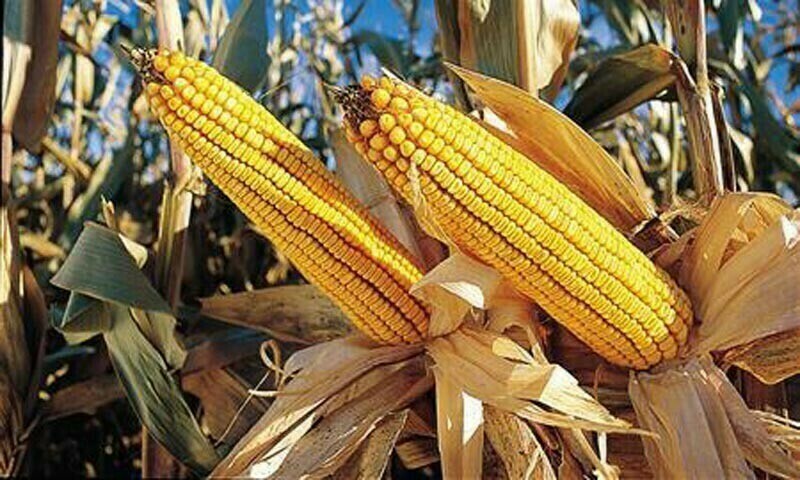ISLAMABAD: Amid an 87 per cent plunge in maize exports during the January-March quarter of FY25, the Ministry of Food Security has issued directives to the Department of Plant Protection (DPP) to enforce phytosanitary policies strictly.
The country exported 53,725 tonnes of maize to 12 countries during the quarter, compared to 419,432 tonnes to 34 countries in 2024. The country exported 147,057 tonnes of the commodity to 46 countries in the same quarter of 2023.
The official data revealed that maize exports dropped to zero in 2025 for Bahrain, Bangladesh, Brunei Darussalam, China, France, Indonesia, Kazakhstan, Kenya, the Kingdom of Saudi Arabia, Kuwait, Madagascar, Romania, Seychelles, Singapore, Somalia, Timor-Leste, and Vietnam.
However, Afghanistan remained the largest importer of Pakistani maize, purchasing 35,949 tonnes, accounting for 66.91 per cent of total exports in Jan-March 2025.
A senior official of the Food Security Ministry has expressed concerns that the drop in maize exports comes at a time when Pakistan had a surplus of six million tonnes after a total production of 9.6 million tonnes.
Meanwhile, the newly appointed Director of Quarantine, Dr Ishfaque, issued long-overdue Standard Operating Procedures (SOPs) on March 26 for maize exports to Vietnam.
The key SOPs include exporter warehouse registration with the DPP, installation of Khapra beetle monitoring traps, storage of maize in perforated polypropylene bags instead of jute bags, container hygiene maintenance, exclusive warehouse storage for maize, sanitation and disinfestation of warehouses under the authorised procedures.
Meanwhile, industry insiders attribute the steep fall in exports to the government’s poor policy decisions that include the appointment of non-technical bureaucrats to key positions, as the DPP was headed by Dr Allah Ditta Abid and Dr Muhammad Tariq Khan between 2023 and 2024, when Pakistan’s agricultural and food exports surged to a record $8 billion, witnessing an increase of around 37pc against 2002.
This growth was achieved through stringent quarantine inspections and phytosanitary certifications, ensuring compliance with international import standards.
Published in Dawn, April 3rd, 2025


